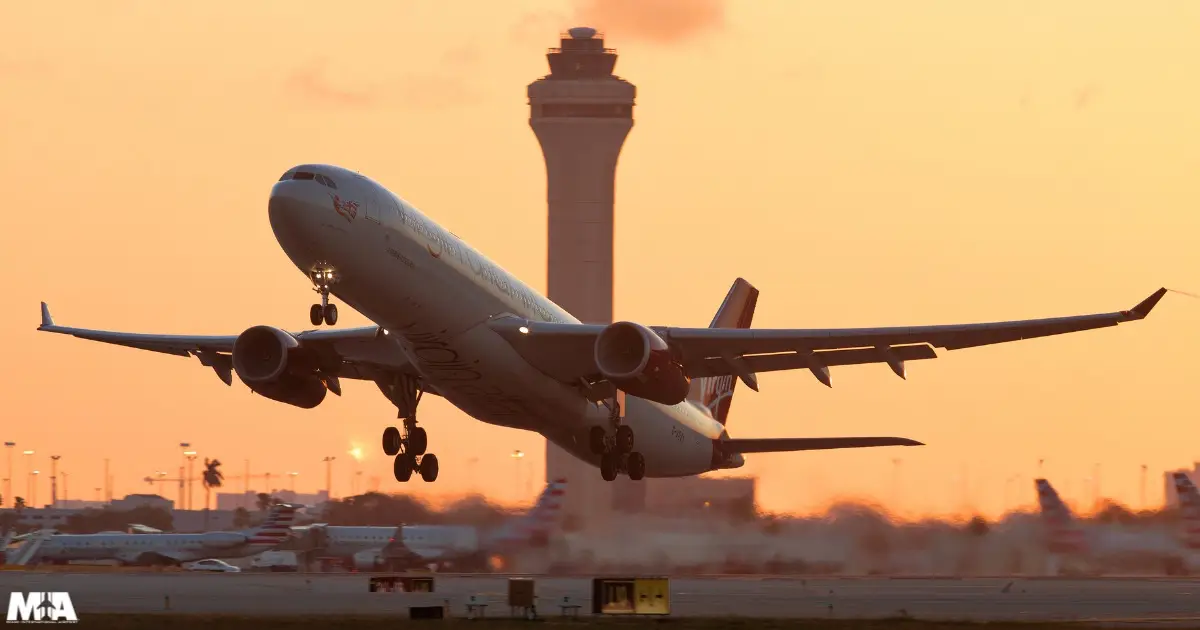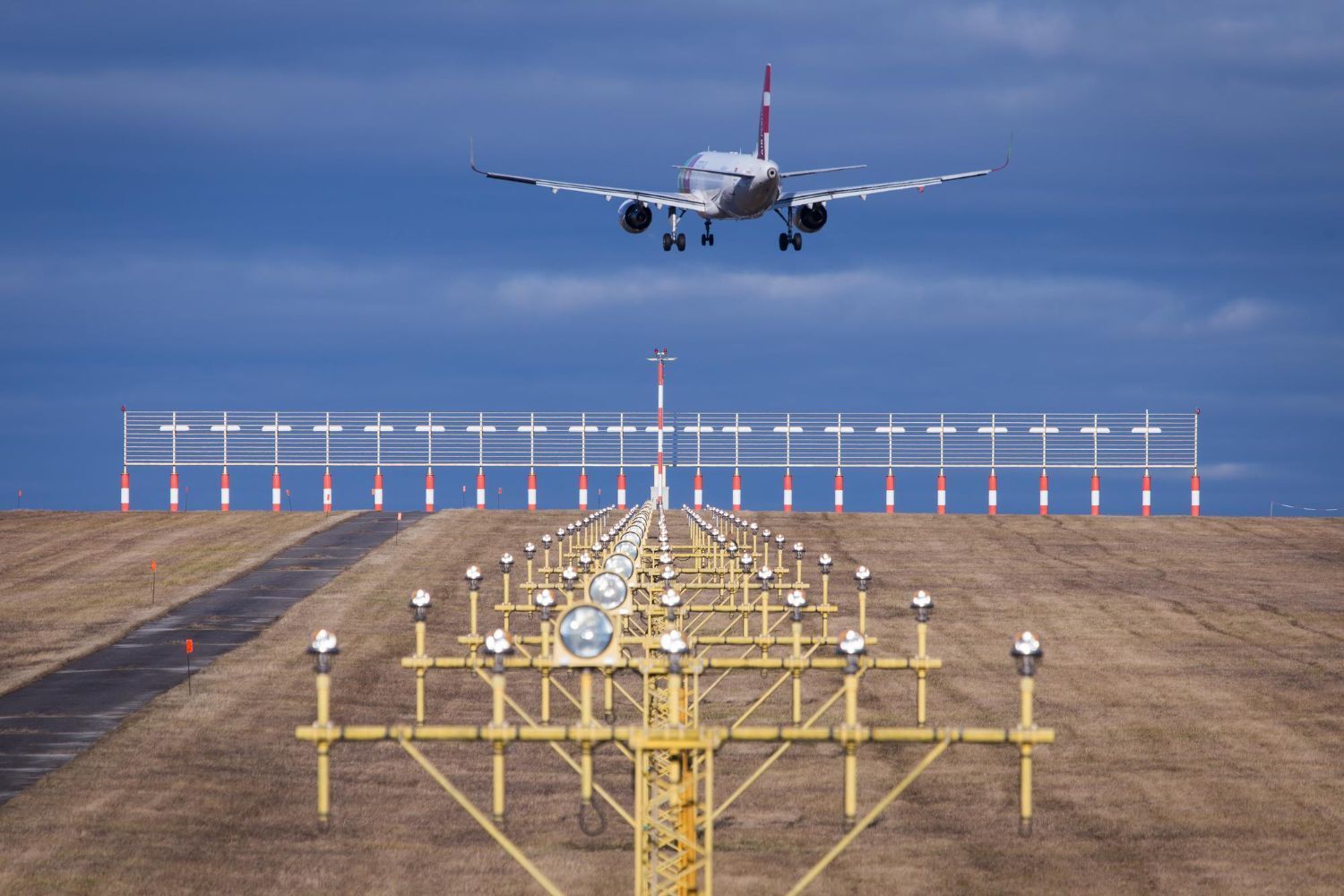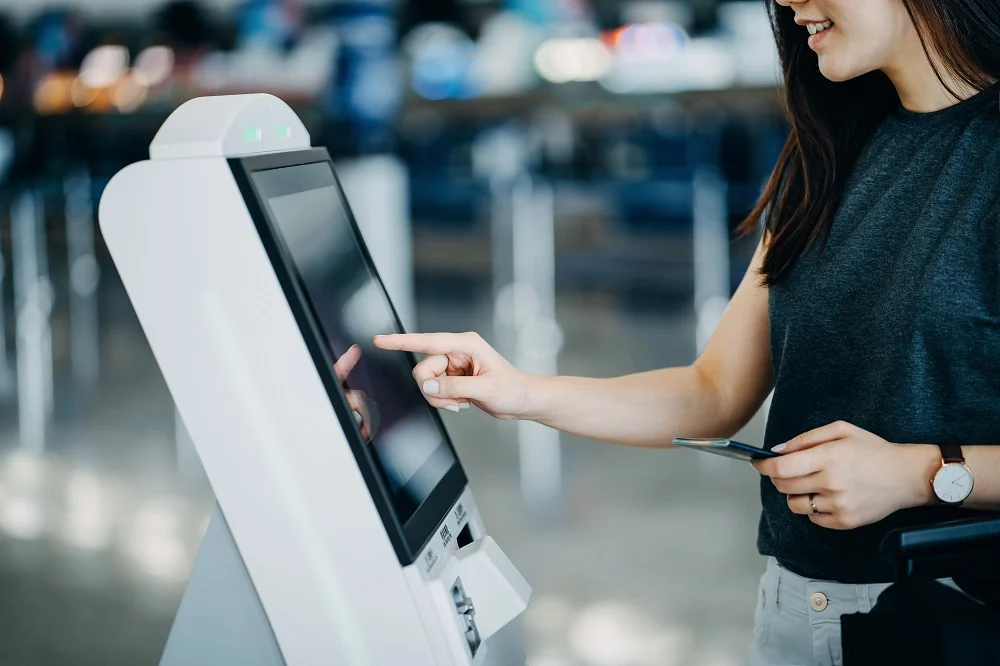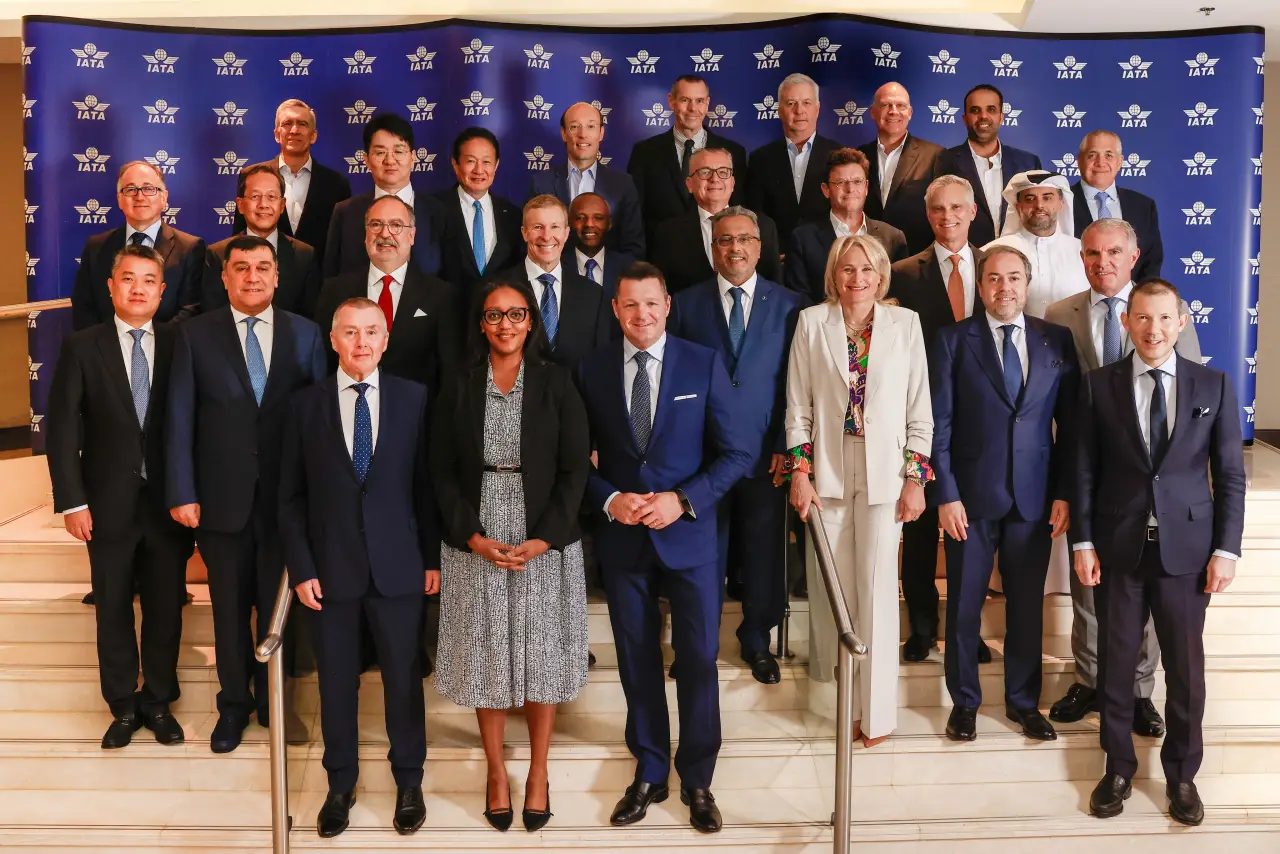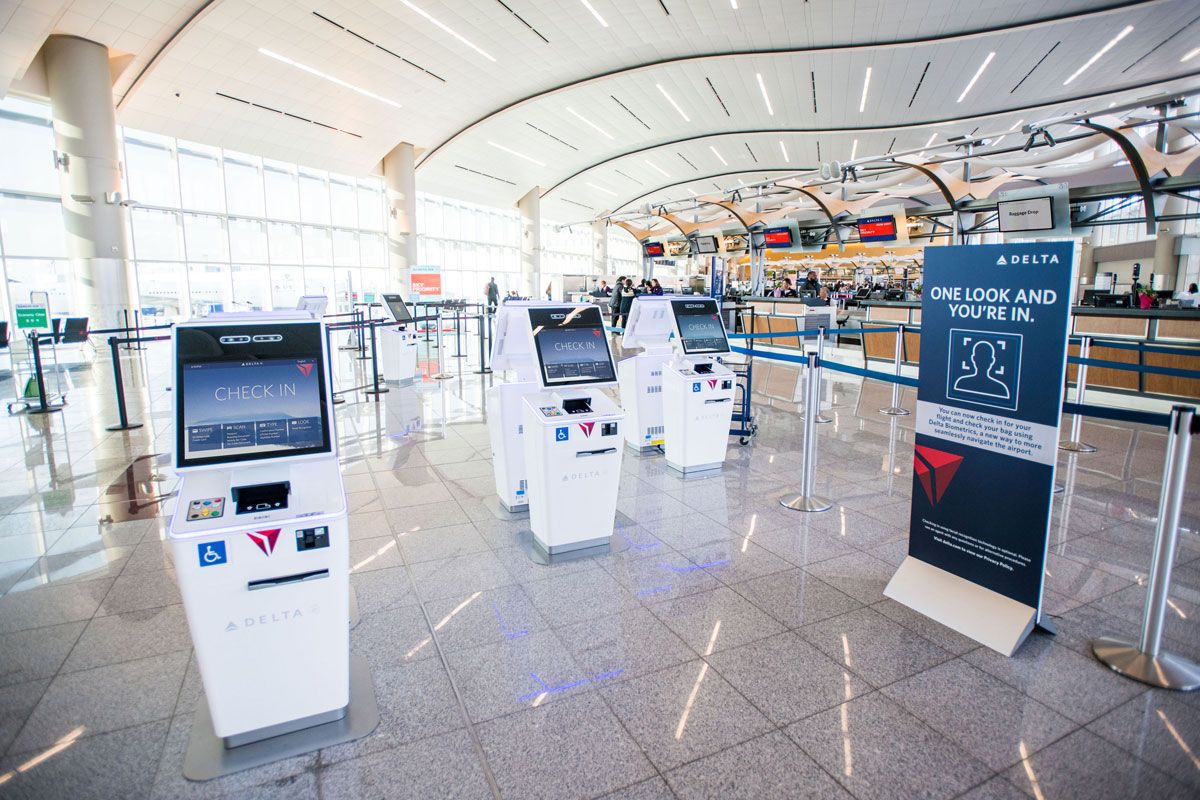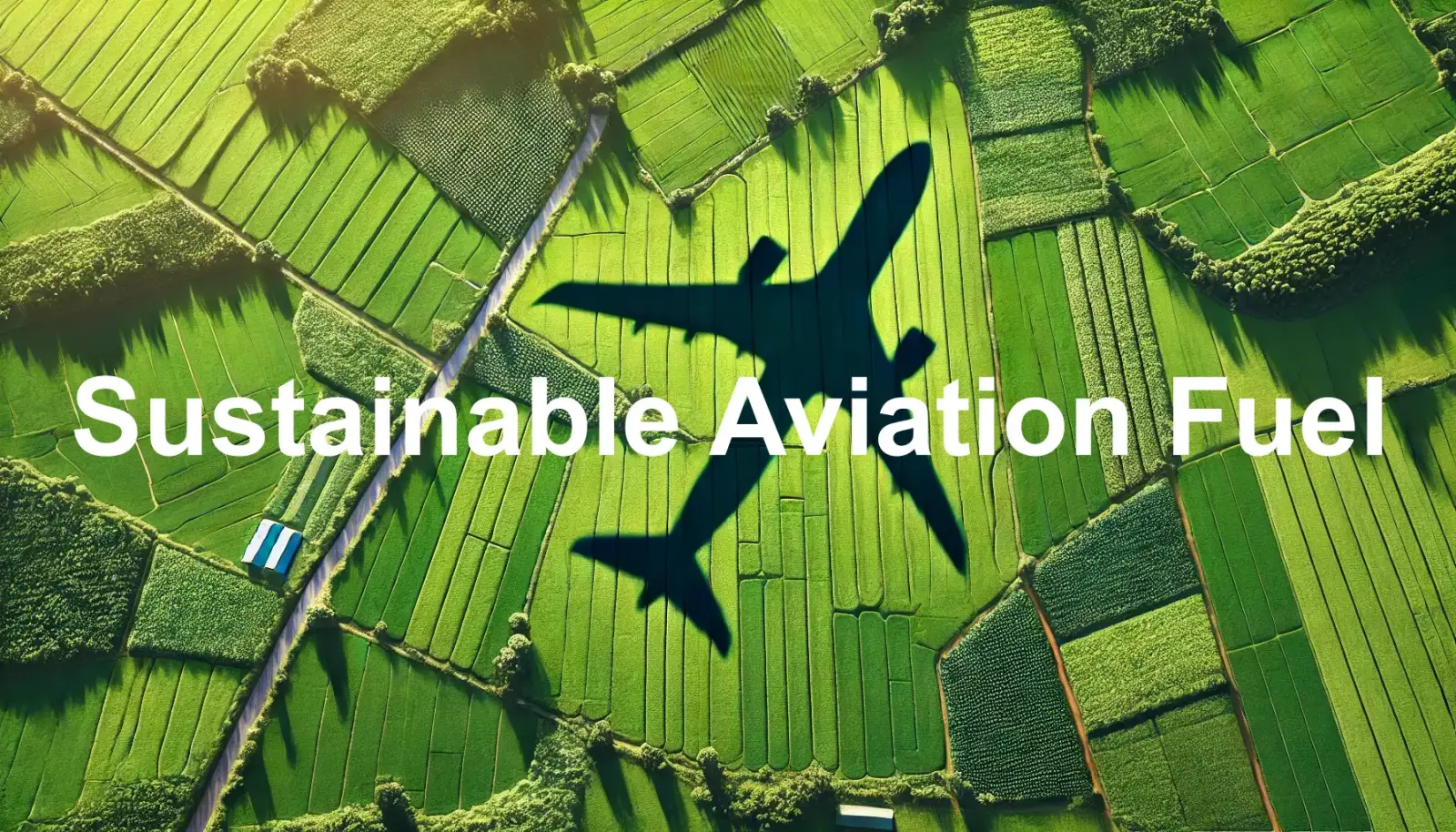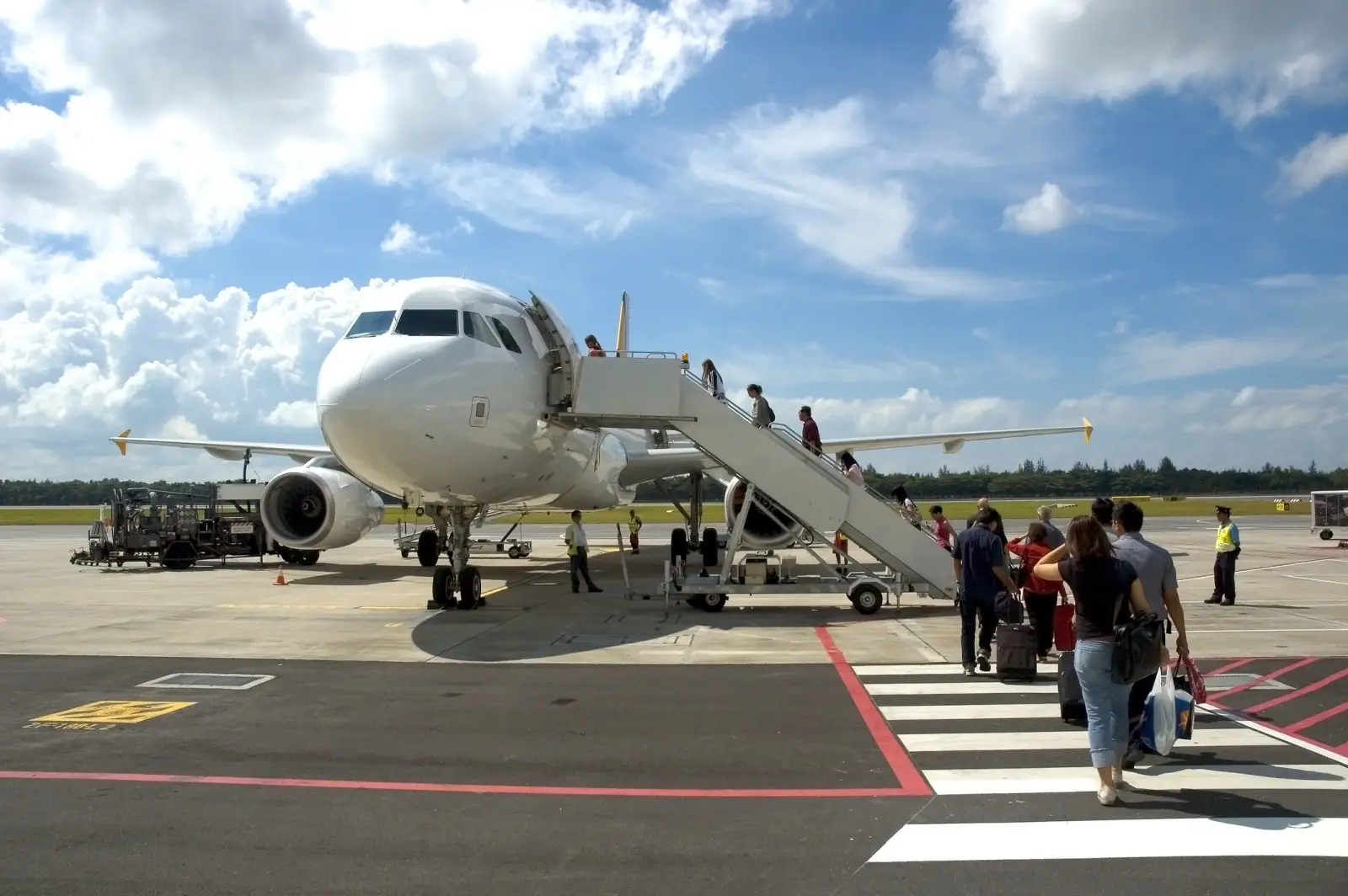The International Air Transport Association (IATA) has announced the establishment of the IATA SAF Registry to accelerate the use of Sustainable Aviation Fuels (SAF).
This registry aims to account for and report emissions reductions from SAF effectively.
Seventeen airlines, one airline group, six national authorities, three Original Equipment Manufacturers (OEMs), and one fuel producer are already backing this initiative. The SAF Registry is expected to launch in the first quarter of 2025.
SAF is projected to contribute up to 65% of the carbon mitigation needed to achieve net zero emissions in air transportation by 2050.
“SAF is crucial for aviation’s decarbonization. Airlines are eager to use every drop of it. The SAF Registry will address the needs of all stakeholders as part of the global effort to increase SAF production,” said Willie Walsh, IATA’s Director General.
Capabilities of the SAF Registry
Wide Geographic Scope: The registry will enable airlines to purchase SAF from anywhere. Each batch’s certified environmental attributes can be tracked and assigned to the purchasing airline. This ensures accurate reporting of emissions reductions, aligning with international standards.
Broad Application and Neutrality: The registry will be neutral concerning regulations, types of SAF, and other specific requirements. IATA is collaborating with certification organizations and fuel producers to standardize data for efficient processing.
Regulatory Compliance: The registry will assist airlines in meeting regulations such as the Carbon Offsetting Reduction Scheme for International Aviation (CORSIA) and the EU Emissions Trading Scheme. It ensures transparency regarding emissions reductions.
The registry will align with international protocols and industry best practices, preventing double counting and double claiming. It will ensure the integrity of all interventions under the registry.
Governance: Independent governance will ensure the system’s impartiality and robustness.
Cost Efficiency: Participation in the registry will be on a cost-recovery basis to avoid unnecessary cost barriers.
Multiple Stakeholders
The SAF Registry is being developed with input from airlines, government authorities, international organizations, OEMs, fuel producers, suppliers, airports, and corporate travel management companies. Government participation is key, ensuring compliance with civil aviation authority requirements. Authorities can validate claims, update national emission inventories, and align with international standards like those of the International Civil Aviation Organization (ICAO).
The SAF Registry represents a significant step towards a sustainable future in aviation. By supporting the increased use of SAF, it aims to reduce carbon emissions and help the aviation industry achieve its net zero goals by 2050.


